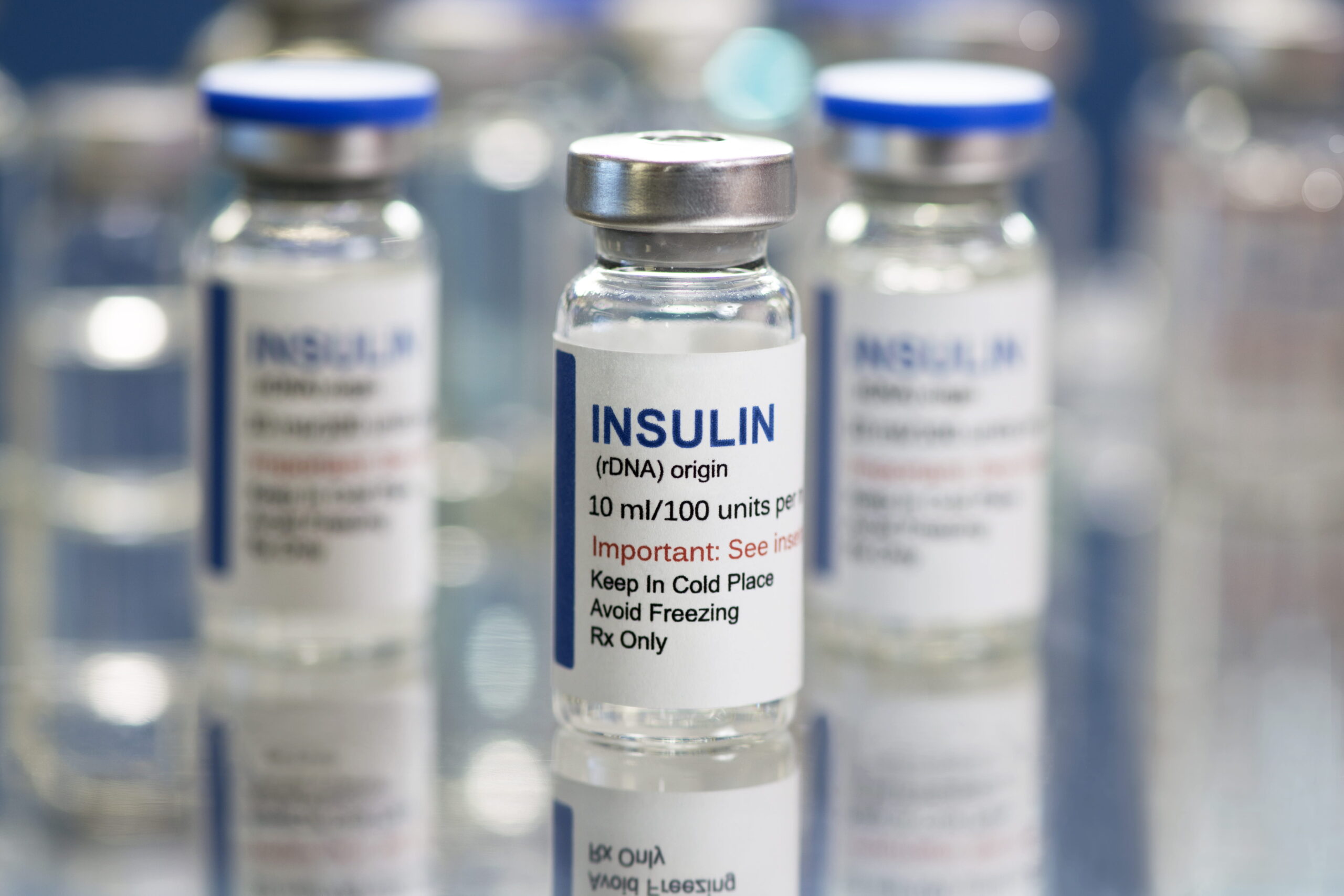Insulin resistance and infertility can be closely linked, particularly in women with polycystic ovary syndrome (PCOS). The majority of women affected by PCOS have a greater degree of insulin resistance, which can lead to further complications such as decreased fertility, irregular menstrual cycles, weight gain, and an elevated risk of developing type 2 diabetes.
Insulin is a hormone produced by the pancreas that helps regulate blood sugar levels by helping the sugar move from the body into the cells of the body. Cells in your body needs sugar from your blood for energy. When sugar from your bloodstream can not get into your cells, it lead to high blood sugar.
Insulin resistance occurs when the body’s cells become less responsive to insulin, resulting in higher insulin levels in the bloodstream. This can lead to a range of health problems, including type 2 diabetes, metabolic syndrome, and cardiovascular disease.
Insulin resistance can also affect fertility in both men and women. In women, insulin resistance is commonly associated with PCOS, a hormonal disorder that can cause irregular periods, infertility, and other symptoms such as weight gain and acne. Insulin resistance can lead to an overproduction of insulin and androgens (male hormones), which can disrupt ovulation and cause the ovaries to produce more testosterone than estrogen. This hormonal imbalance can interfere with the development and release of eggs, making it harder for women to conceive.
Insulin resistance can also affect male fertility. High insulin levels can reduce the production of testosterone and lower sperm count, motility, and quality. Additionally, insulin resistance can increase oxidative stress and inflammation, which can damage sperm DNA and impair fertility.
Managing insulin resistance through lifestyle changes such as exercise, diet, and weight loss can improve fertility in both men and women. In some cases, medications such as metformin, which helps regulate blood sugar levels, can also be helpful. However, it is important to consult with a healthcare provider before making any changes to your diet or starting any new medications.

